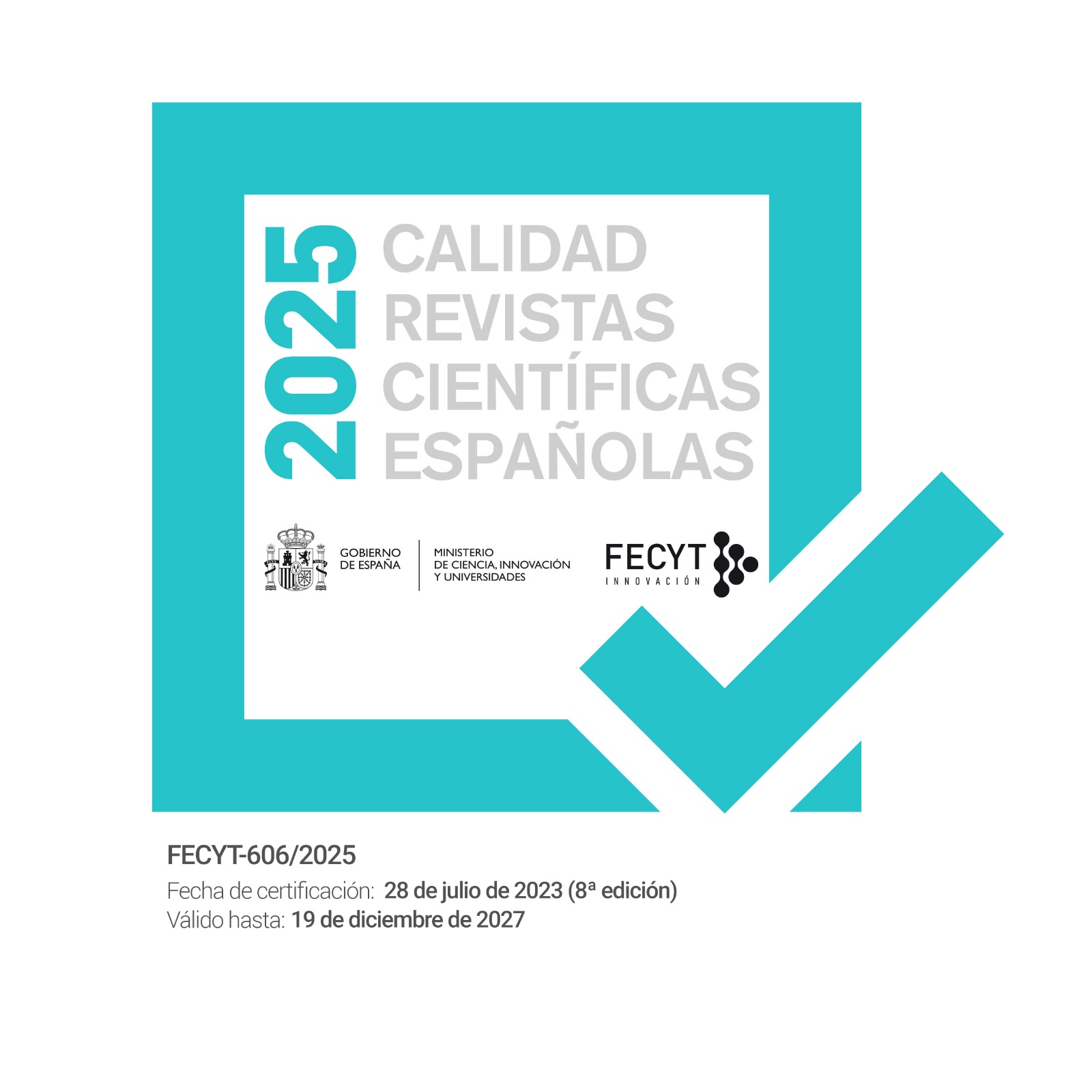Modena 1182, the origins of a new paradigm of ownership. The interface between historical contingency and the scholarly invention of legal categories
Keywords:
Medieval property, Dominium utile, Pillius de Medicina, Statutory law, Medieval legal doctrinesAbstract
The legal phrase dominium utile is commonly known to express the property rights enjoyed by the person to whom a piece of land has been granted in fief or under other similar concessions. A considerable amount of legal-historical research has been spent on the origins, the reasons and effects of this legal concept, which proved to have played a very significant role in European history. One of the results of this historical research was that the first jurist who introduced the expression dominium utile was Pillius de Medicina, a law professor who moved from Bologna to the new born school of Modena in 1180. This article aims at an historical recontextualization of Pillius’ doctrinal construct in the frame of the political and social history of the city of Modena. However, this contingency of a doctrinal invention does not prevent a legal theory from transcend its particular circumstances to remain part of the tool-box which can be used by intellectuals in a completely different historical context, perhaps very remote from time and place of their first origins.
Downloads
Downloads
Published
How to Cite
Issue
Section
License
Creative Commons Reconocimiento-NoComercial-SinObraDerivada 4.0 España (CC BY-NC-ND 4.0 ES)




